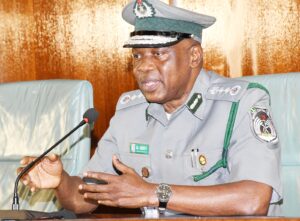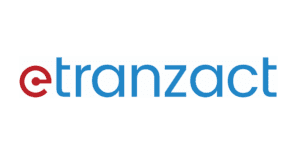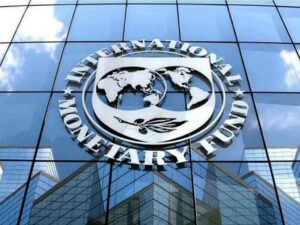
DG BPE charges staff to work diligently
The newly appointed Director General of the Bureau of Public Enterprises (BPE), Mr. Ayodeji Ariyo Gbeleyi, has charged the staff of the Bureau to work diligently as Nigerians look up to them to contribute their quota to pave the way for a more stable and prosperous economy.
The new DG made this statement at his first Town hall meeting organised to interact with the staff of the Bureau on Wednesday 26th June, 2024 at the Wells Carlton Hotel, Asokoro, Abuja.
Mr. Gbeleyi, noted that the Bureau has been entrusted with the reform of the nation’s public enterprises, which must be optimised for operational efficiency and excellence.
He emphasised that the ultimate goal is to improve the standard of living for every Nigerian through the diligent implementation of the Bureau’s reform activities.
He added that as part of the “Renewed Hope” agenda of President Bola Ahmed Tinubu’s administration, his appointment as the Director General of the Bureau by the President has entrusted him with the critical mandate of strengthening the BPE as the national resource centre for capacity building and the sustenance of reforms.
This includes promoting a competitive private sector-driven economy, ensuring social accountability, efficiently deploying public resources, and advancing effective corporate governance through discipline, which aligns with the Bureau’s mission.
He urged the staff of the Bureau to be innovative and work as a team to meet the expectations of Nigerians.
“We must realise that there are limits to what we can achieve as individuals, but endless possibilities lie ahead of us as a team,” he said.
The new helmsman, who expressed delight at the calibre of manpower in the Bureau, stated that he was available and ready to steer the Bureau’s ship in the right direction.
He mentioned some transactions that must be fast-tracked to add value to the nation’s economy, such as the optimisation of the National Integrated Power Projects (NIPP) to provide much-needed power and the revitalisation of the Bank of Agriculture to ensure food security.
Mr. Gbeleyi was appointed Director General of the Bureau on Saturday, June 15, 2024, by President Bola Ahmed Tinubu.
According to a statement issued on Saturday, June 15, 2024, by the Special Adviser to the President on Media and Publicity, Chief Ajuri Ngelale, the new DG has over 30 years of post-qualification experience in diverse sectors, including manufacturing, fast-moving consumer goods (FMCG), investment & commercial banking, project finance, telecommunications, infrastructure, and public administration.
Mr. Gbeleyi is a recognised financial expert and distinguished chartered accountant. He is a fellow of the Institute of Chartered Accountants of Nigeria (ICAN) and the Chartered Institute of Taxation of Nigeria (CITN). He is also an alumnus of executive programmes at the prestigious London Business School, Harvard Kennedy School of Government, and Lagos Business School.
He was the Board Chairman of the Federal Mortgage Bank of Nigeria (FMBN) and Commissioner of Finance in Lagos State from 2022 to 2023.
As the new Director General, he is expected to bring his vast knowledge and competence to bear in this role, strengthening the agency as the national resource centre for capacity building and promoting a competitive private sector-driven economy. He succeeds Mr. Ignatius Ayewoh, who acted as DG from January 9, 2024, following the exit of the former Director General, Mr. Alex A. Okoh.




